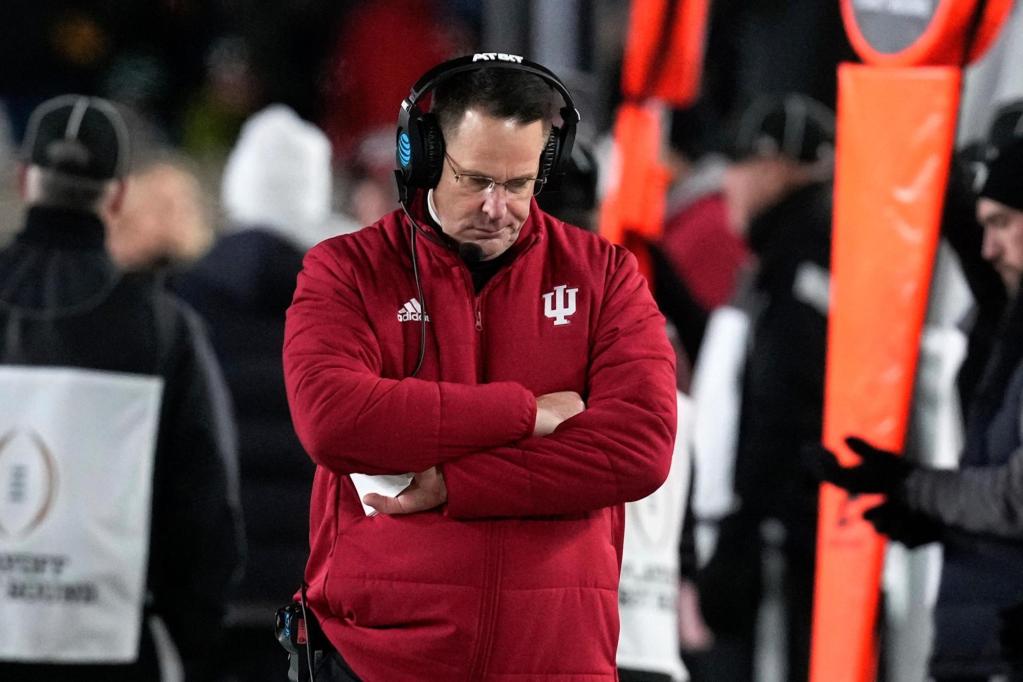UPDATE: Indiana Republicans have just announced they will NOT proceed with President Trump’s redistricting initiative, citing a lack of support within the state senate’s GOP majority. This decision marks a significant pushback against Trump’s attempts to reshape electoral maps ahead of the critical 2026 midterms.
The stakes are high as the Republican Party aims to solidify its power in Congress. Currently, Speaker Mike Johnson holds a narrow three-seat majority in the House, and redistricting could have been a game-changer for maintaining control. Notably, Texas and Missouri have already redrawn their maps, potentially adding six more Republican seats if voting trends hold in future elections.
In a statement released on Wednesday afternoon, a spokeswoman for Indiana state senate president pro tempore Rodric Bray confirmed that the GOP will not advance the redistricting effort. “The votes aren’t there for redistricting,” said Molly Swigart, Bray’s communications director, highlighting the internal resistance among lawmakers.
The revelation of this redistricting impasse was first reported by Politico on Tuesday. Vice President JD Vance has actively pushed for Indiana to redraw its electoral maps, visiting the state twice in recent months to rally support from legislators and Governor Mike Braun. While Braun has considered calling a special legislative session to discuss redistricting, it remains uncertain if he will follow through.
Amid this political landscape, Vance has expressed concerns about gerrymandering in northeastern states, claiming it gives Democrats an unfair advantage. “New England’s six states vote about 40 percent Republican and have literally zero Republican representatives in Congress,” he stated on X last week, illustrating the stark disparity.
The redistricting battle escalated over the summer when Texas moved to redraw its congressional maps, hoping to capture five additional GOP seats. This maneuver was supported by a Department of Justice letter affirming Texas’s right to undertake mid-decade redistricting due to “unconstitutional racial gerrymanders.” In response, California Governor Gavin Newsom proposed a statewide ballot initiative to allow gerrymandering in his state, with voters set to decide in November.
Other Democratic-led states are also contemplating changes. New York Governor Kathy Hochul has declared “war” on the GOP’s redistricting efforts, although legal obstacles may prevent map redraws before the end of the year.
With tension escalating between parties over electoral strategies, Indiana’s rejection of Trump’s redistricting plan could signal a broader resistance among Republican lawmakers. As the midterms approach, all eyes will be on whether other states follow suit or if the GOP can still capitalize on redistricting to fortify its congressional presence.
Stay tuned for further updates as this story develops.







